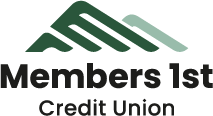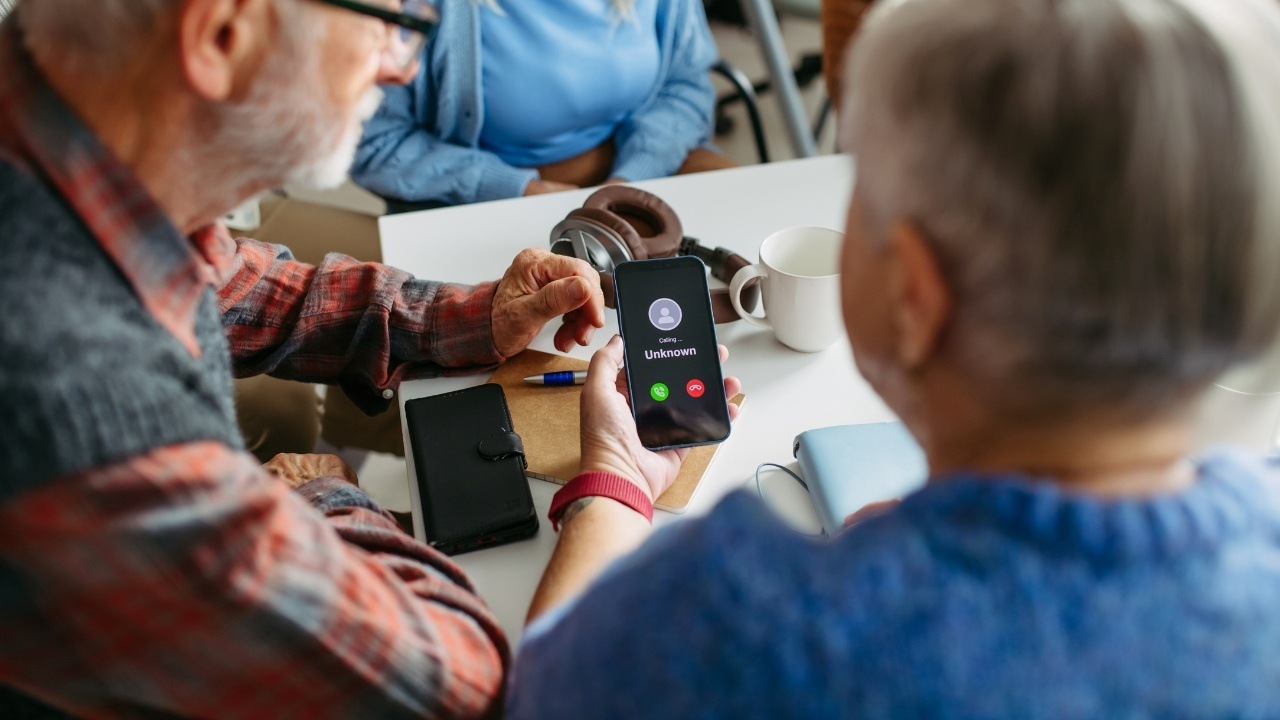
Banking 101: A Student’s Guide to Building Smart Money Habits
Learning to manage your money is one of the most important steps toward independence. Whether you’re heading to college, starting your first job, or saving for something special, understanding the basics of banking can help you make smarter decisions and set you up for long-term financial success.
Why Banking Matters
Having a bank or credit union account isn’t just about storing your money safely, it’s about building financial confidence. A checking account helps you manage day-to-day spending, while a savings account helps you set money aside for goals or emergencies. Most importantly, building good financial habits now will make managing larger expenses (like rent, loans, and tuition) much easier later on.
Understanding Checking and Savings Accounts
Checking Accounts
Think of your checking account as your “everyday money.” It’s used for deposits, withdrawals, and payments. You can use a debit card or online banking to make purchases or pay bills easily.
Tip: Always keep track of your balance so you don’t accidentally overspend or overdraft.
Savings Accounts
This is where your money grows. Savings accounts typically earn interest, so the longer you keep your funds there, the more you earn. They’re perfect for short-term goals like travel, textbooks, or car repairs.
Tip: Automate transfers from checking to savings each month. Even small amounts add up over time.
Build Good Credit Early
Credit can seem complicated, but it’s simply a way to show lenders you can borrow responsibly. Establishing credit early can help when it’s time to rent an apartment or with buying a car.
- Start small with a secured credit card or become an authorized user on a parent’s account.
- Always pay on time! Your payment history is the biggest factor in your credit score.
- Keep your balance low (ideally under 30% of your credit limit).
Tip: Think of credit like trust… it’s built slowly, but one mistake can take time to repair.
The Power of Budgeting
A budget is your personal money plan. It helps you track where your money goes so you can make intentional choices.
Try the 50/30/20 rule:
- 50% for needs (rent, groceries, gas)
- 30% for wants (coffee, streaming, fun)
- 20% for savings or debt repayment
Tip: Use free budgeting apps or your online banking tools to monitor spending.
Protect Yourself from Scams
Students are often targets for fraudsters who send fake job offers, scholarship notices, or phishing emails pretending to be from banks.
- Never share your account info or passwords.
- Don’t click links from unknown sources.
- Be cautious of anyone asking for money through apps, gift cards, or cryptocurrency.
Tip: Your credit union will never ask for your password or to move money between accounts.
What is the Benefit of a Credit Union (CU vs. Banks)
Credit unions like Members 1st are member-owned, which means they exist to serve their members, not to make profits for shareholders. Banks, on the other hand, are owned by investors and often focus on maximizing profits.
Here’s how a credit union can be better for students:
- Lower fees: Credit unions usually charge fewer or smaller fees, so more of your money stays in your account.
- Better rates: You may earn more on savings accounts and pay less on loans.
- Personalized service: Credit unions are focused on helping members, so you can get guidance and support while learning to manage your money.
- Financial education: Many credit unions offer free workshops, resources, and tools designed to help students and young adults build strong money habits.
Tip: Choose a financial partner, not just a bank. A credit union can help you save more, pay less in fees, and provide guidance as you build smart money habits.
Start Your Journey Today
Banking doesn’t have to be intimidating. With the right tools, you can take charge of your finances, save for the future, and build strong habits that last a lifetime.
Ready to get started? Visit your nearest Members 1st branch or visit m1cu.org!




